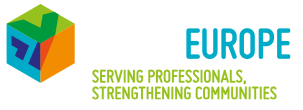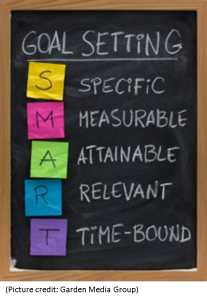 One of the things we most appreciate about the Jewish calendar is the way that the cycle of the holidays captures and drives our energy on a collective and individual level. Over the course of the year the calendar creates a flow of reflection, celebration, mourning and renewal. As a result, the past couple of months have been full of reflection, preparation and introspection with a lot of celebration thrown in. That translated in practical terms to shofar-blowing, prayer, lots of food, as well as a minor construction project.
One of the things we most appreciate about the Jewish calendar is the way that the cycle of the holidays captures and drives our energy on a collective and individual level. Over the course of the year the calendar creates a flow of reflection, celebration, mourning and renewal. As a result, the past couple of months have been full of reflection, preparation and introspection with a lot of celebration thrown in. That translated in practical terms to shofar-blowing, prayer, lots of food, as well as a minor construction project.
In addition to all this Jewish activity, the months of September and October have been busy with the activities that accompany the beginning of the academic year. School has started, community programming has picked up again after the summer break and many Jewish communal professionals have been busy with new programmes and plans.
But now that stage is over. The year has begun, we have (hopefully) been sealed in the Book of Life, and it is the start of the Hebrew month of Cheshvan. In Jewish tradition this month has been given the additional name of “Mar”Cheshvan, or “bitter” Cheshvan. Bitter because this month has no holidays to celebrate, no special activities to distract us.
We don’t see it as a “bitter” month, though. For us, Cheshvan comes as a natural and welcome break from all the extraordinary activities of Tishrei. It is the calm after the storm, the opportunity to calm down and transition into the work that the new year promises. After any new beginning we always need a period of transition, a slow and steady shift into the new routine, where we can implement our plans, practice our new habits and get the work done. This is Cheshvan. It doesn’t need lots of exciting celebrations or activities, just the time and the calm to settle into the year.
For the Yesod team, it means that it is time for us to start implementing our plans for the new year, which will include new online resources for Jewish communal professionals and educators, new professional development seminars and opportunities to access financial and other resources. We will be getting these off the ground in the coming months and we look forward to sharing them with you.
Action Ideas: Defining Your Goals
Wherever you work and whatever your role, now is a great time to make your transition into the year’s plans by defining your goals as clearly as possible. Here are some suggestions for how to work with your colleagues, team or volunteers to define your plans for the year.
- Convene a small group of your colleagues, allies, volunteer board or even trusted contacts in other organizations or cities – whoever can help you think clearly and creatively.
- Invite them to a goal-setting session for the year. Bring food, meet in a quiet location. Make it a fun gathering.
- Start by envisioning where you will be at this time next year – what do you want to have achieved or changed by then?
- As a group or in pairs, formulate SMART Goals for your programmes and activities.
5. Discuss your goals. Choose the most important goals to focus on. - Write up the goals and make sure you keep them accessible – on your computer screen or on a poster on your office wall.
- Create a regular check-in (e.g. every 3 months) with your team, to reflect on progress and hold each other accountable.
- Good luck!

